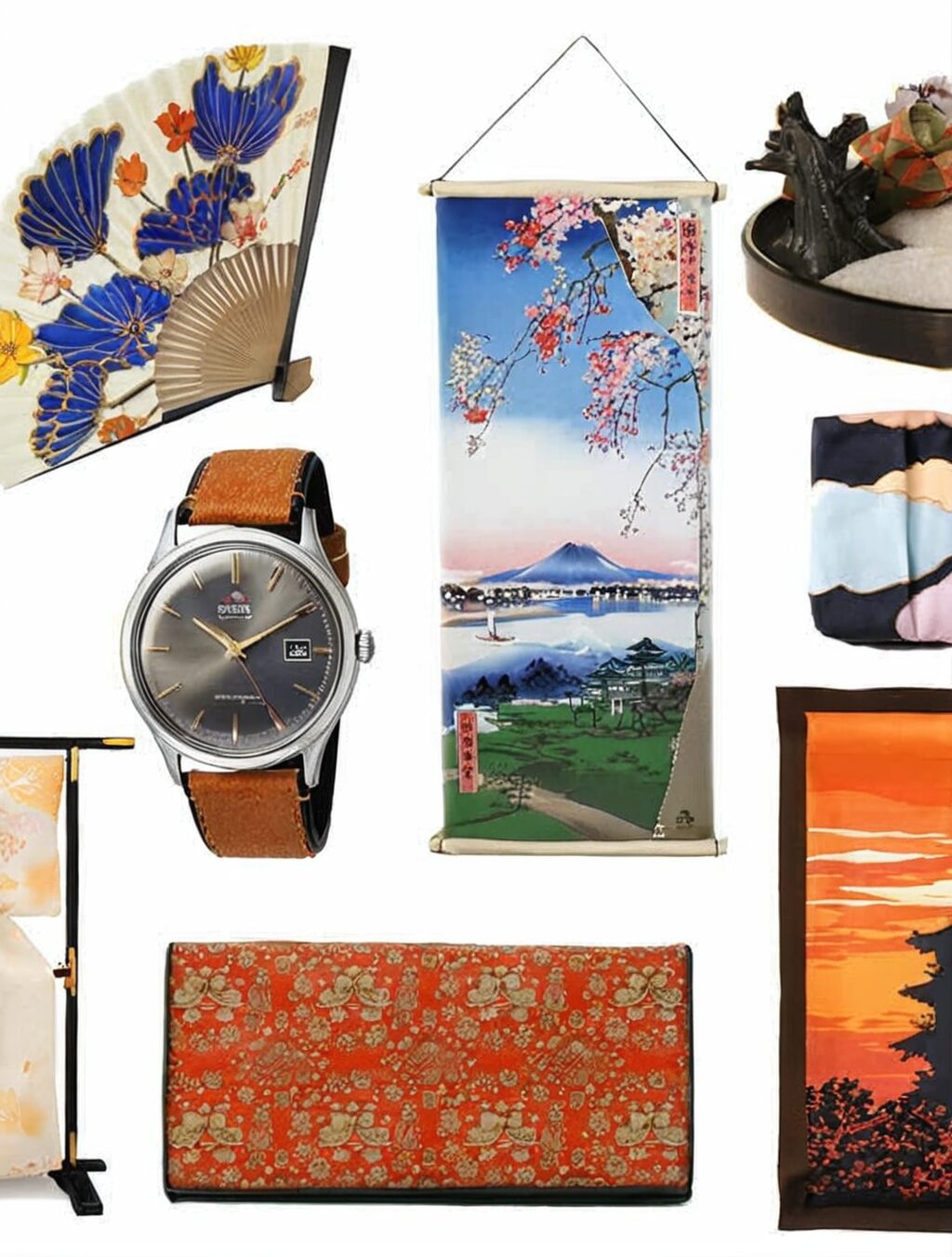Gift Giving in Japanese Culture: Etiquette and Customs
Win a Free Trip to Japan!
Experience cherry blossoms and ancient temples
Gift-giving is an integral part of Japanese culture, deeply rooted in tradition and etiquette. Exchanging gifts is not merely a gesture of appreciation but a way to convey respect, strengthen relationships, and express gratitude. Here’s a dive into the nuances of gift-giving in Japan:
Etiquette
- Choose thoughtfully: Consider the recipient’s interests, age, and social status when selecting a gift.
- Wrap with care: Presentation is crucial. Wrap gifts meticulously, using high-quality materials and avoiding excessive embellishments.
- Present with both hands: When handing over a gift, use both hands to show respect. Avoid writing directly on the wrapping paper.
- Decline politely: If a gift is offered, it’s customary to decline politely at first. After gentle persuasion, accept it gracefully.
Customs
- Monetary gifts: Cash is a common and acceptable gift, especially for weddings, funerals, and special occasions. It’s usually given in new bills, placed in a special envelope.
- Omiyage: When visiting someone’s home, it’s customary to bring a small gift, such as local specialties or souvenirs.
- Omotenashi: This concept of hospitality extends to gift-giving. The giver should aim to provide the best possible experience, from selecting the gift to presenting it with care.
FAQs
- What are inappropriate gifts? Personal items, sharp objects, or anything that might be offensive should be avoided.
- How should I respond to a gift? Express gratitude and appreciation, even if you don’t love the gift.
- What if I can’t afford a gift? A thoughtful gesture, such as a handwritten letter, can be as meaningful as a material gift.
Conclusion
Gift-giving in Japanese culture is a delicate art that requires respect, attention to detail, and a genuine desire to make a connection. By understanding the etiquette and customs, you can navigate this cultural practice with ease and grace, leaving a lasting impression on your Japanese friends and colleagues.
